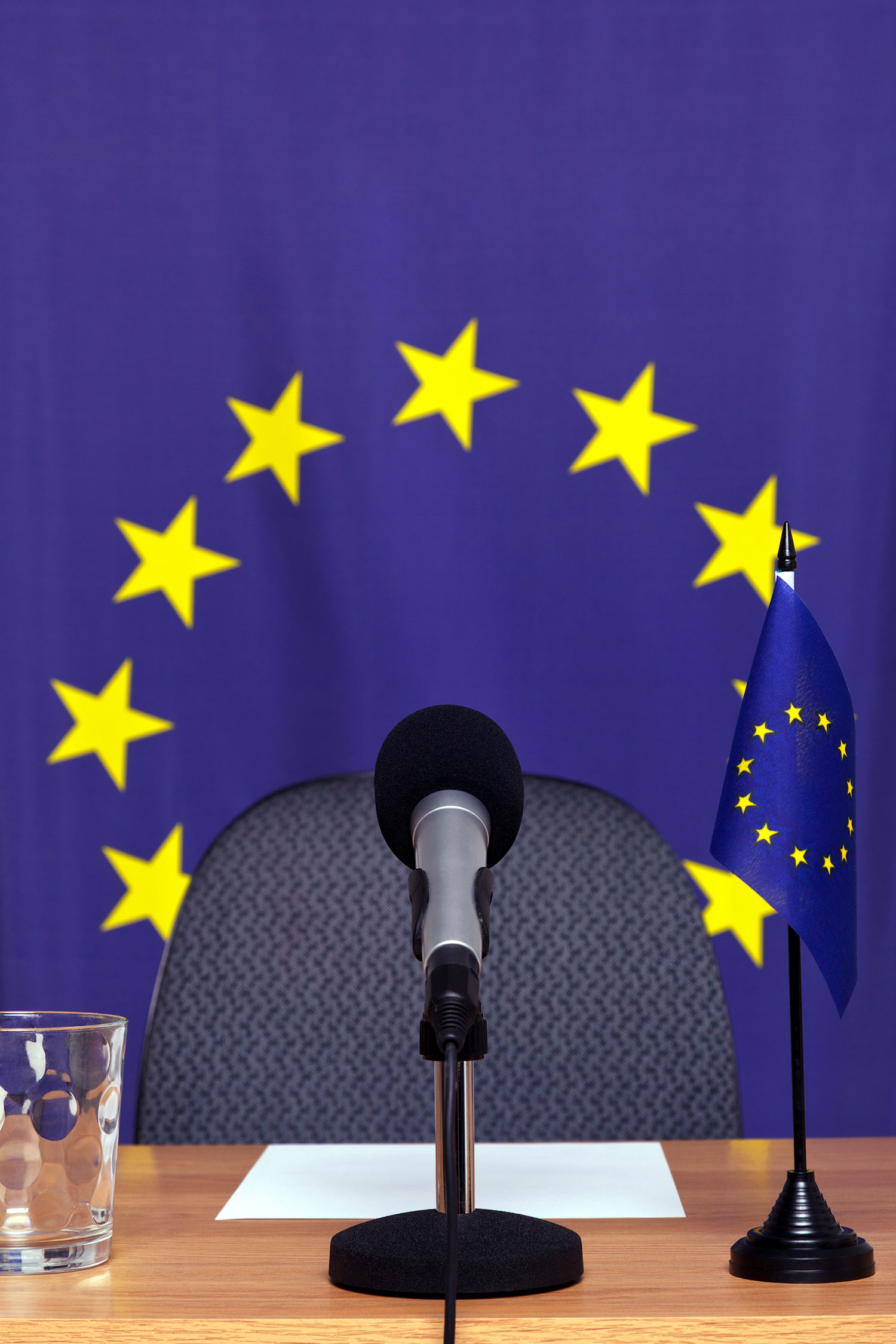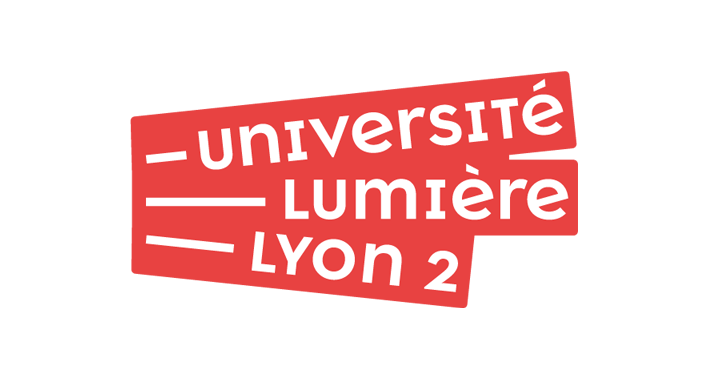Publié le 23 janvier 2023
–
Mis à jour le 5 avril 2023
du 30 janvier
au 19 avril 2023
au 19 avril 2023
Campus Berges du Rhône, En co-modal
Mieux comprendre l'actualité européenne grâce à l'éclairage de conférencier.es invité.es lors de conférences-débats programmées dans le cadre du programme international MINERVE et du master Études européennes et internationales, mais ouvertes à tou.tes.
Les European Debates constituent un cycle de conférences en anglais (5 par semestre). Chaque rencontre est animée par les étudiant.es du master d'Études européennes et internationales et se déroule en deux parties : elle commence par une conférence de l'intervenant.e invité.e présentant une question relative à l’Europe (à son passé, son présent et son futur), suivie d'une discussion avec les participant.es.
Les conférences débats sont ouvertes à tou.tes en présentiel, mais aussi enregistrées et mises à disposition sur la plateforme de cours (accessible à l'ensemble des étudiant.es et des personnels). Vous pouvez les suivre dans la forme que vous voulez, mais si vous voulez participer à la discussion, votre présence le jour J est nécessaire.
Le souhait est également de favoriser autant que possible la mise en contact des étudiants avec des enseignants internationaux, proposant des pratiques de formation et des contenus relevant des cultures universitaires différentes au sein de l’UE, de manière à créer un espace d’apprentissage véritablement européen.
Une partie de enseignement est libre, au choix de l’étudiant.e dans l’offre de formation proposée par l’Université Lumière Lyon2 ou par les établissements et institutions partenaires, coordonnée par l’équipe pédagogique.
→ En savoir plus
Les conférences débats sont ouvertes à tou.tes en présentiel, mais aussi enregistrées et mises à disposition sur la plateforme de cours (accessible à l'ensemble des étudiant.es et des personnels). Vous pouvez les suivre dans la forme que vous voulez, mais si vous voulez participer à la discussion, votre présence le jour J est nécessaire.
Au programme du 2d semestre
Le souhait est également de favoriser autant que possible la mise en contact des étudiants avec des enseignants internationaux, proposant des pratiques de formation et des contenus relevant des cultures universitaires différentes au sein de l’UE, de manière à créer un espace d’apprentissage véritablement européen.
Une partie de enseignement est libre, au choix de l’étudiant.e dans l’offre de formation proposée par l’Université Lumière Lyon2 ou par les établissements et institutions partenaires, coordonnée par l’équipe pédagogique.
→ En savoir plus
Informations pratiques
Lieu(x)
Campus Berges du Rhône, En co-modal
de 18h à 20h
Contact
Monica Martinat, responsable pédagogique :
monica.martinat@univ-lyon2.fr





